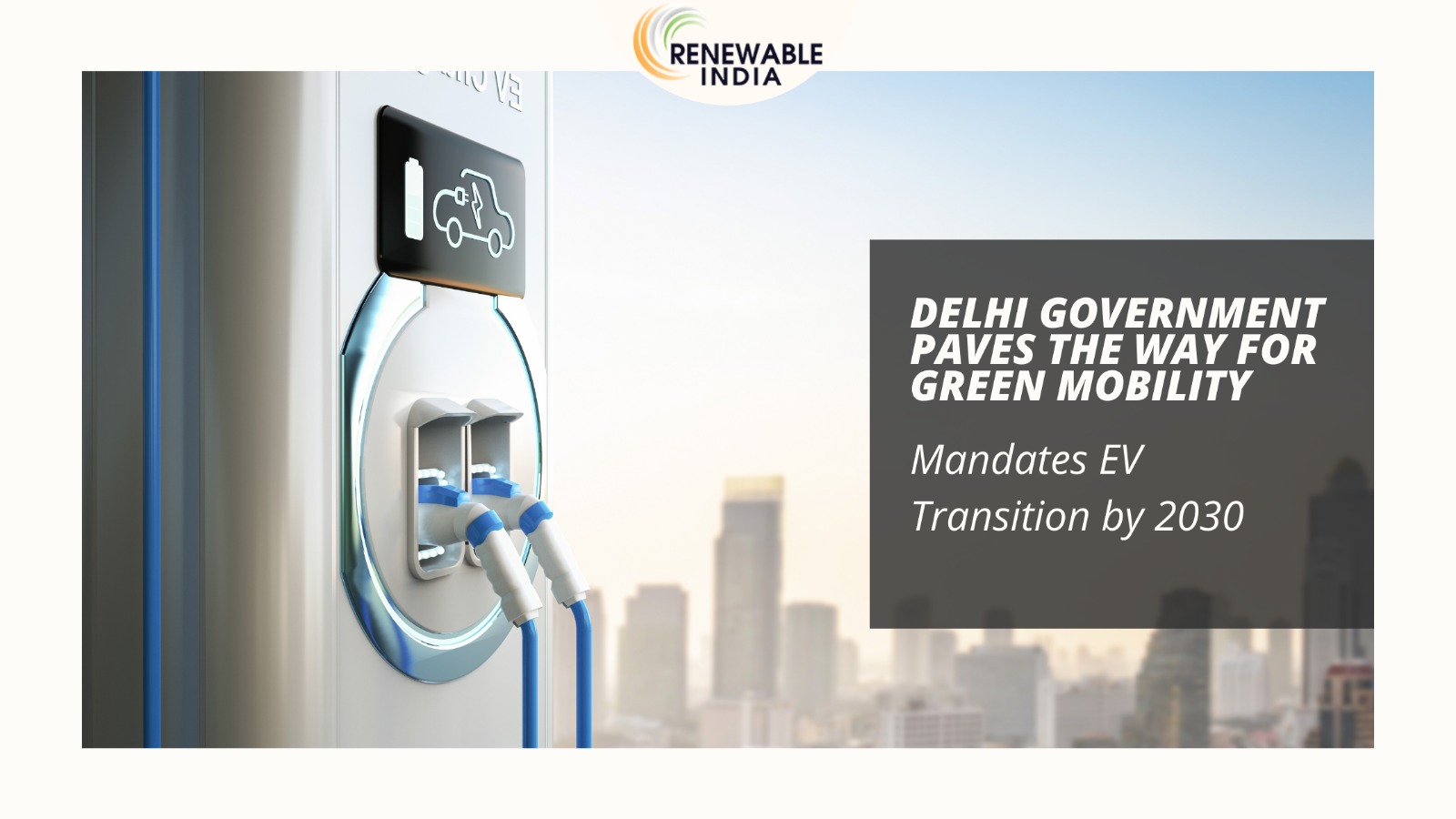
In a significant leap towards sustainable urban transportation, the Delhi government has recently notified the Motor Vehicle Aggregator scheme, introducing a groundbreaking mandate for companies to transition their fleets to electric vehicles (EVs) by the year 2030. This ambitious initiative aligns with the global push for eco-friendly alternatives and signals Delhi’s commitment to combatting air pollution and reducing the carbon footprint of its bustling streets.
Delhi, like many other metropolitan areas, grapples with severe air quality issues, largely attributed to vehicular emissions. The Motor Vehicle Aggregator scheme represents a proactive response to the pressing need for reducing pollution levels and mitigating the adverse impacts of climate change. The decision to mandate electric vehicles for ride-hailing services reflects a determination to transform the transportation landscape and contribute to a cleaner, greener city.
By setting a deadline of 2030 for the complete transition to electric vehicles, the Delhi government aims to incentivize and accelerate the adoption of cleaner technologies within the motor vehicle aggregator sector. This move not only aligns with global sustainability goals but also echoes the broader commitment to make India a hub for electric mobility.
The ‘Delhi Motor Vehicle Aggregator and Delivery Service Provider Scheme 2023’ is not solely focused on environmental benefits. It also emphasizes the enhancement of transportation service quality. Through comprehensive regulation and licensing, the government aims to ensure that the citizens of Delhi experience safer, more reliable, and technologically advanced transportation services.
While the transition to electric vehicles poses logistical and financial challenges for motor vehicle aggregator companies, it also opens up new opportunities. The Delhi government has outlined a roadmap for a phased transition, allowing companies to adapt gradually. Additionally, the scheme offers incentives and support for those embracing the change early, fostering an environment conducive to innovation and sustainability.
Delhi Transport Minister Kailash Gahlot said: “There has been a long need for licensing and regulating the aggregators in the state for smoother operations for the people of Delhi. It is the first time in India that an aggregator guideline has also defined phase wise electrification targets for these operators.”
The shift to electric vehicles brings a myriad of benefits, not only in terms of environmental impact but also economically. Reduced air pollution translates to better public health outcomes, decreased healthcare costs, and improved overall quality of life for Delhi residents. Moreover, the EV sector presents an economic opportunity, creating jobs and stimulating growth in the green technology space.
The Delhi EV Policy has adopted the concept of “feebate” (i.e., by adopting measures by which inefficient or polluting vehicles incur a surcharge) to fund a high proportion of the demand incentives. The policy directs funding through sources like pollution cess, road tax, congestion tax, and other sources such as the environment compensation charge (ECC).
(Source – https://ev.delhi.gov.in/vision-mission)
Delhi’s Motor Vehicle Aggregator scheme stands as a potential template for other urban centers grappling with similar environmental challenges. By taking the lead in pushing for EV adoption, Delhi sets a precedent that could inspire other cities to enact similar policies, creating a domino effect towards sustainable urban mobility across the country.
As the Delhi government takes this bold step towards mandating EV adoption for motor vehicle aggregators, it paves the way for a greener and more sustainable future. This ambitious initiative not only underscores the urgency of addressing environmental concerns but also positions Delhi as a leader in the global drive towards cleaner transportation. The road to 2030 may present challenges, but the destination promises a cityscape transformed by innovation, environmental consciousness, and a commitment to a healthier future.
Leave a Reply